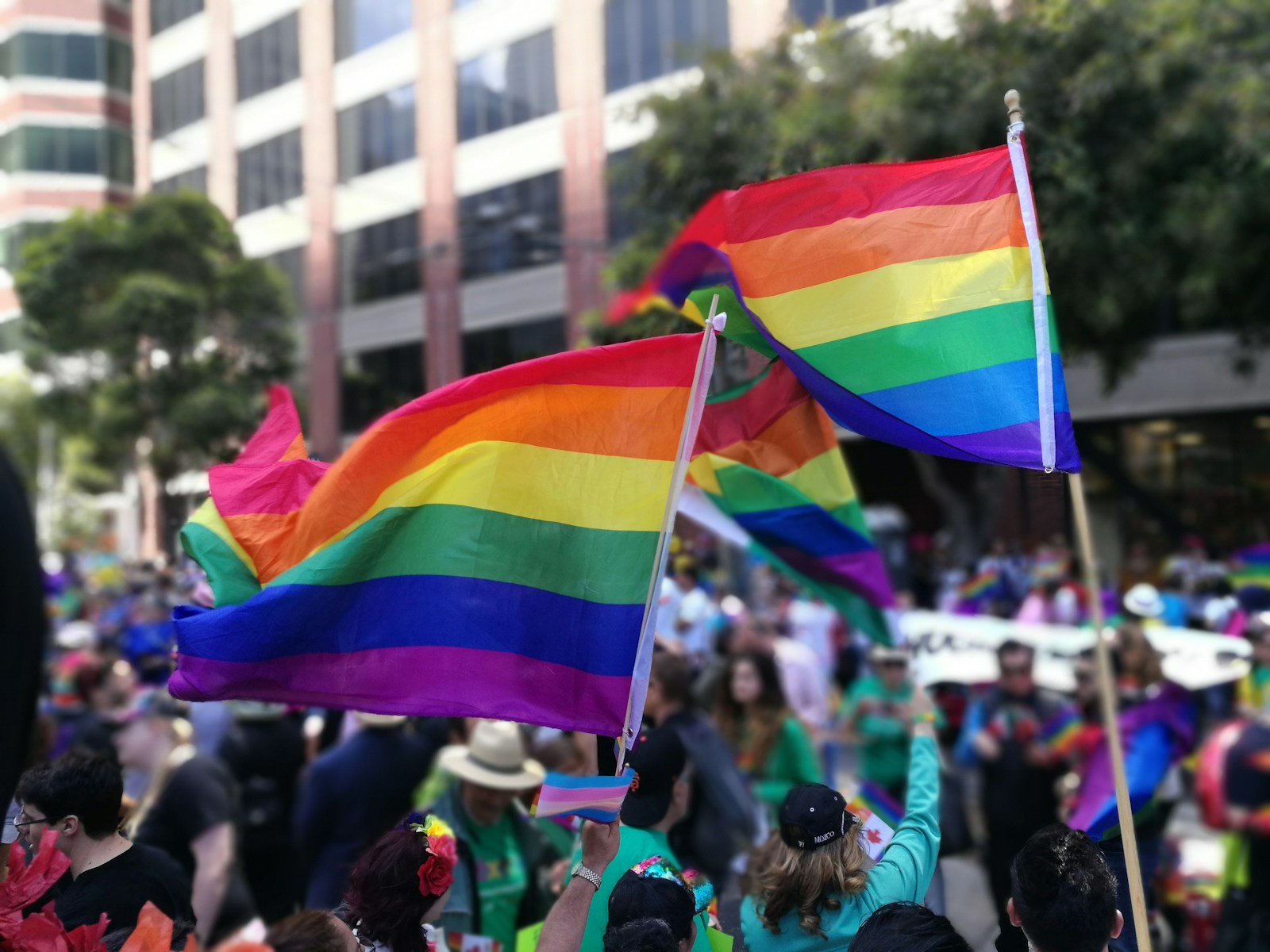Resource developed to help LGBTQ+ people at end of life
The resource was created to remove barriers faced by LGBTQ+ people in accessing palliative and end of life care.
Individuals who are part of the LGBTQ+ community tend to avoid palliative care, ‘or hide their sexually when accessing services’, said Sam Royston, executive director of policy and research at Marie Curie, who claims everyone should be entitled to the appropriate care when it comes to end of life.
Developed by The Mary Stevens Hospice and funded by Marie Curie – the UK’s leading end of life charity – a new educational resource has been created to equip healthcare staff, whether they work at a leadership level or providing hands-on care, as well as those who commission services, with the right information to address the needs of LGBTQ+ individuals.
The resource is known as ‘It’s more than rainbows in receptions’: Working with LGBTQ+ people in palliative and end of life care, and features the diverse voices of lesbian, gay, bisexual, transgender and queer/queer questioning people who have shared their own experiences about engaging with healthcare staff. The document can be found in full here.
Sam said: ‘Previous research from Marie Curie has shown that many LGBTQ+ people can avoid palliative care, or hide their sexuality when accessing services, out of fear of discrimination or bias. It doesn’t matter who you are, or how you identify, everyone should have the right to good end of life care, and to have the best possible death. Marie Curie is dedicated to ensuring that anyone, whoever they are, has the best possible end of life experience.’
In addition, Gemma Allen, programme lead at The Mary Stevens Hospice, has said how important it is to have such a resource.
‘This educational is an essential piece of work that can help to transform the lived experience of LGBTQ+ people living with any terminal illness or at the end of life,’ Gemma said. ‘We are grateful to Marie Curie for funding the project, and grateful to all of those LGBTQ+ people and allies who shared their experiences so candidly, so that we could create the best possible guide. The aim of this is to ensure that people receive the best palliative and end of life care, and I hope it does that.’
Image: y y
Feature: Why LGBTQI communities will be disproportionately affected by the climate crisis
The Outstanding Diversity Forum are marching towards equality

















